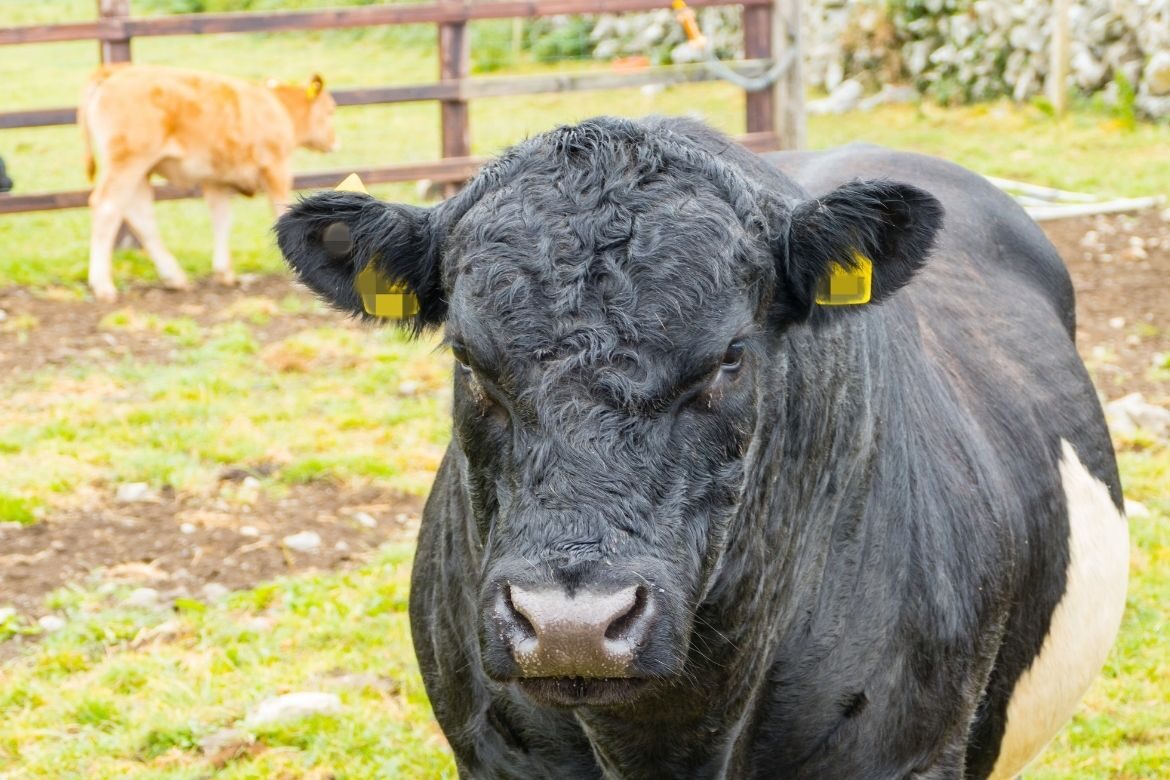As calving season on many farms is nearing an end, breeding season is almost here. According to Teagasc, calving season 2023 will depend on when you start breeding season in the coming weeks, and with four out of every five calves born on beef farms sired by a stock bull, a stock bull’s fertility is very important.
Beef Specialist Catherine Egan explains that the stock bull on your farm is key to maintaining a compact calving period, maximising the genetic potential and value of the calf crop, and overall herd profitability.
She offers 10 tips to ensure bull fertility
Do a fertility test
A bull’s fertility status can change, from year to year. Therefore, it is good practice to have a fertility test carried out on the stock bull, prior to start of breeding season. It is estimated that 25% of stock bulls are sub-fertile. The cost of the test is very low if you compare it to carrying empty cows for the summer and results are available to you before the technician leave the yard.
Body condition score
A bull must be able to maintain body condition score (ideally BCS 3), repeatedly mount and serve cows for 12 weeks and have a long working life in the herd. If you have bought a bull, find out from the seller what diet and current concentrates he is being fed and vaccinations he has received.
Health test
A blood test might be useful to check for BVD, IBR, Johnes Disease and Leptospirosis. If treating for parasite these should be administered at least six to eight weeks in advance of the breeding season as they could lead to reduced fertility. Consult your vet for advice on the health of the bull. Remember a young bull in his first season should serve no more than 20 cows.
Nutrition
It is important to avoid sudden changes and not to over feed the bull as this can reduce fertility and lead to feet problems. He needs to be fit but not over-fat.
Visual check
In advance of the breeding season check feet and legs well and take remedial action if required.
Observe
Watch the bull working to check he is serving cows correctly.
Rotate
If possible rotate bulls or scan cows early so that an infertile bull or sub fertile bull can be identified early.
Records
Record when you see a cow being mated and watch for signs of cows coming on heat repeatedly.
Pregnancy scanning
When it is at least 35 days since the last cow in the herd could have been served, then you should consider scanning the cows. It offers many advantages.

